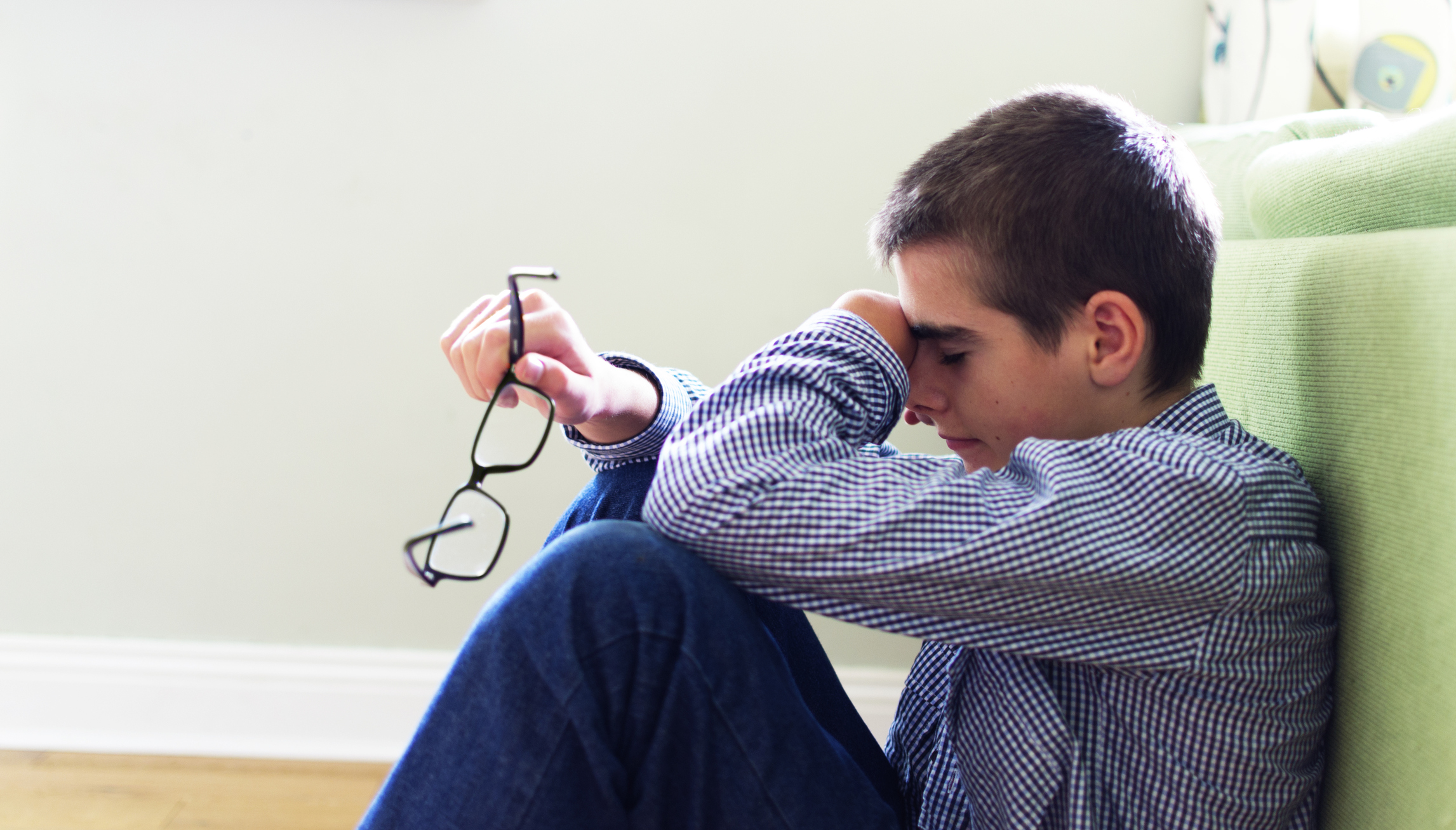What is Attachment Theory?
Secure attachment in infancy and childhood lay down the foundations for resilience in later life. But what is secure attachment?
John Bowlby (1907-1990), who developed the Theory of Attachment, was a psychiatrist and psychoanalyst. Combining the work of anthropologists, systemic theorists and behavioural psychologists, his lifelong research was centred on observations of infant/parent interaction.
The quality of the response from a parent when a baby or child expresses fear or anxiety, forms a special bond known as ‘secure attachment’. This occurs when a parent or caregiver protects, comforts and responds to the child. Later in life they are able to draw on this internalised security to manage difficult and stressful situations.
Differing Domains of Attachment
There are four forms of attachment behaviour which are a guide to the nature and quality of a child’s attachment.
Proximity –seeking physical closeness with care giver
Secure base –using that person to test out the world
Protest -Showing distress when separated
Safe haven –turning to the person when threatened
When these forms of attachment go wrong or do not happen, children can become insecurely attached. This is categorised in 3 main ways
anxious /ambivalent –typically pull / push infant cries for parent ,on return hard to placate and then rejected by infant eg. Pushed away
avoidantly attached-appear disinterested and calm outwardly but on ‘high alert’ internally .
disorganised attachment-infant has no coping methods for accessing comfort.
Taking Attachment Patterns into Adulthood
The quality of our early attachment influences how we operate as adults and how we choose partners.
When we consider that our partner also has their own attachment history, it only takes a small step to imagine repeating patterns in adult relationships. This can affect intimacy, communication and trust.
In Systemic Therapy we think about childhood patterns of attachment and how they are influencing a relationship.
Attachment and Parenting
Attachment also affects parenting. As a parent or caregiver you have to move in and out of different roles and on different levels. As a parent you may be providing security to children (care giving) whilst receiving care from your partner.
Sometimes adults replay childhood attachment patterns in order to re work them.
It can be really helpful to think about and understand some of your own patterns from childhood. We all bring our own attachment history to our adult and parenting relationships. Narratives and stories can be re-authored ,perspectives shared relationships healed and improved from generation to generation .
Exploring you own Attachment History
If you think any of the issues described may be affecting you or your family and you would benefit from some help and support with this, please get in touch with me.




